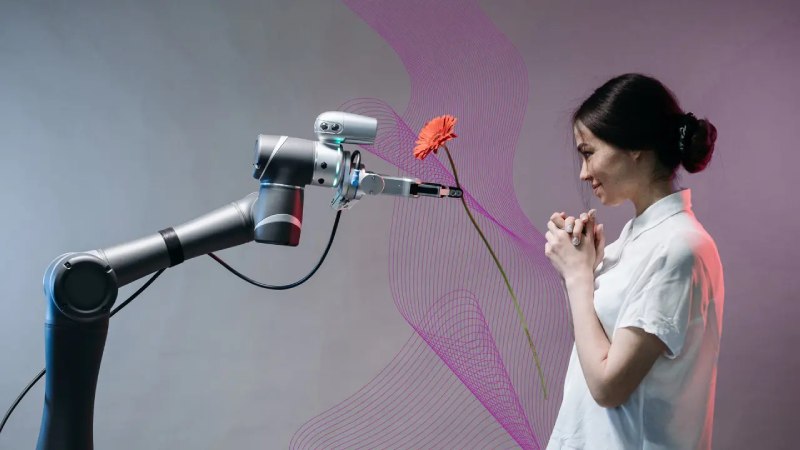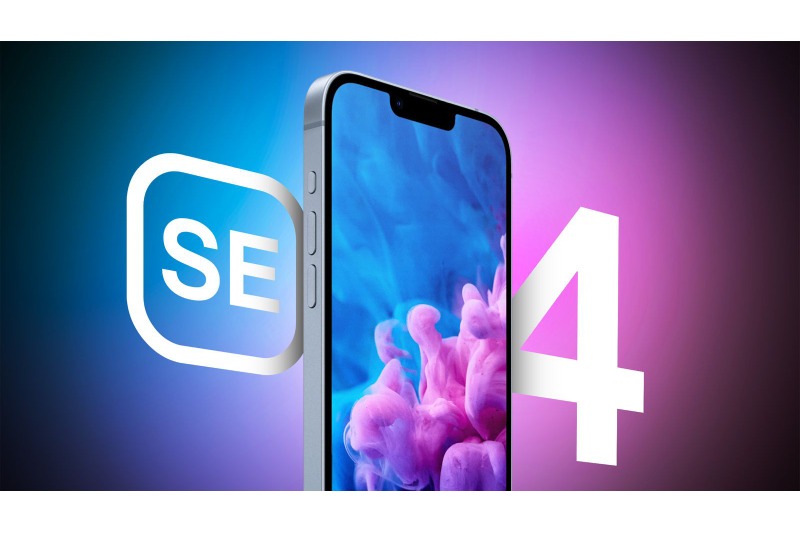Is artificial intelligence (AI) more significant than ever? Is it going to affect humanity in the long run? The most important queries regarding the potentially revolutionary possibilities of AI (Artificial Intelligence) that are conceivably still everyone today. Such opinions are supported by Bosch’s third annual Tech Compass Survey, which emphasizes the increasing significance of AI as a major force behind global change.
According to a survey, there is a strong sense of optimism among Indians, who, at 76%, feel personally ready for the era of AI-led interventions. Of respondents worldwide, 64% regard artificial intelligence as the most influential technology in the near future. The Bosch Tech Compass survey is being conducted in Brazil, China, France, Germany, India, the United Kingdom, and the United States. Its goal is to investigate individuals’ attitudes, beliefs, expectations, , and other global viewpoints regarding emerging technologies.
India is becoming more and more enthusiastic about emerging technologies like artificial intelligence, as evidenced by the survey. AI-powered solutions in a variety of fields, including manufacturing, transportation, sustainability, and even daily living, are highly sought after in India. As a company, Bosch is dedicated to using AI responsibly in order to make life safer for everyone. acknowledge the potential of this technology. Remarked Mr. Guruprasad Mudlapur, Managing Director of Bosch Limited and President of the Bosch Group in India.
Taking on climate change:
81% of Indian respondents and 71% of respondents worldwide believe that addressing climate change will require technological advancement. Indians are committed to using technological advancements for sustainable development, as evidenced by their strong belief in the transformative power of technology to address environmental issues.
Artificial Intelligence in Mobility:
Regarding AI-powered integrations in mobility, increased safety was found to be the most popular opinion among respondents from India (51%) and other countries (60%) respectively. Additionally, 48% of Indians anticipate AI-driven solutions to make parking simpler and more efficient. Among other advantages of AI, respondents from around the world highlighted improved range and lower fuel consumption (54%) and ADAS features that allow for other activities to be done while driving (34%).
Label transparency:
India’s 79% of respondents concur that AI content must be labeled, a sentiment that is strongly shared by 82% of respondents worldwide. Bosch is advocating for required labeling on all content created by AI to openly declare its
origin of the machine. This method encourages openness, validates correctness, and gives users the ability to examine and reference the source of information produced by AI.
Using AI in novel ways
The survey indicates India’s distinct interest in incorporating AI into everyday experiences, with 70% of Indians believing that chatbots with artificial intelligence can solve problems better than friends, 62% willing to see AI used as stand-up comedians, and 73% willing to follow AI-recommended career paths.
Wishes and worries:
The negative effects of humanoid and service robots are a concern for Indians, even though they expect emerging technologies like 5G (48%) and AI (46%) to have a positive impact on society. In order to prepare for and responsibly use AI, 56% of Indians felt that education was essential. Advanced technologies require careful deployment in the future, as evidenced by the nuanced understanding of their complexities.


 Business4 weeks ago
Business4 weeks ago
 Sports4 weeks ago
Sports4 weeks ago
 Science4 weeks ago
Science4 weeks ago
 Business4 weeks ago
Business4 weeks ago
 Science4 weeks ago
Science4 weeks ago
 Science4 weeks ago
Science4 weeks ago
 Technology3 weeks ago
Technology3 weeks ago
 Science2 weeks ago
Science2 weeks ago













